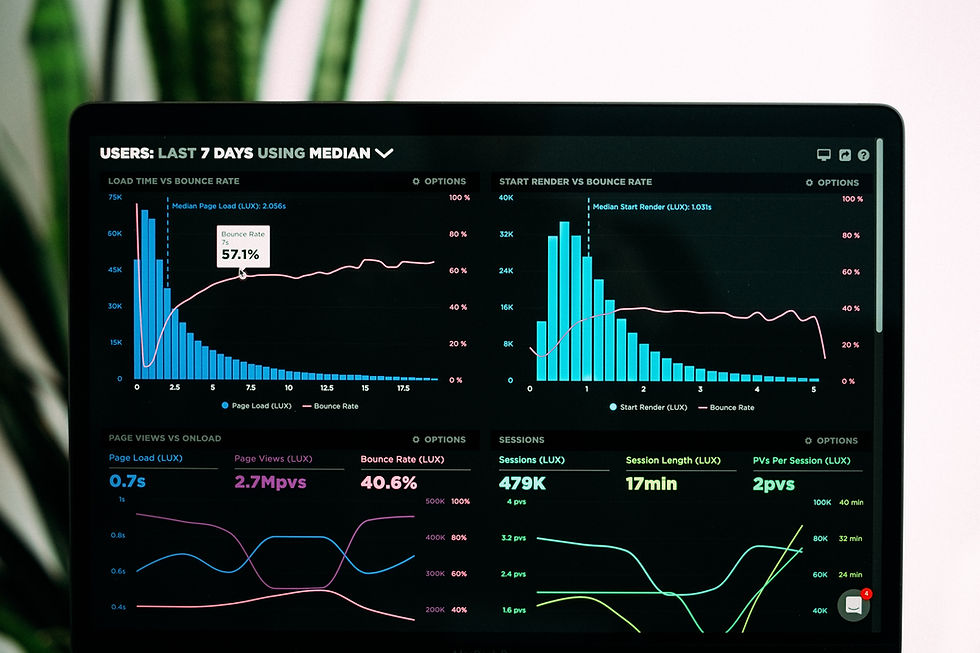Navigating the Nuances of Intelligence: Balancing Between Security and Privacy
- SCHEMOX
- Dec 12, 2023
- 3 min read

In the intricate world of international relations and national security, intelligence agencies act as our country's guardians, tirelessly gathering and analyzing information from various sources, both within and beyond our borders, to provide valuable insights into potential threats, opportunities, and the ever-changing dynamics of the global stage. While this concept may seem shrouded in mystery and intrigue, understanding its purpose, potential misuse, and the delicate balance it strikes with individual privacy is crucial to upholding democratic principles and ensuring the protection of our rights.
Delving into the World of Foreign Intelligence: Understanding the Global Landscape
Foreign intelligence, also known as external intelligence, takes us deep into the complexities of the international arena, seeking to acquire critical insights into foreign governments, organizations, and individuals that could pose a threat to our nation's security. This mission encompasses a wide range of activities, from monitoring political developments and military capabilities to tracking economic activities and uncovering terrorist plots. Intelligence agencies employ a multi-pronged approach to gather this essential information, utilizing a combination of clandestine HUMINT (human intelligence) operations, the interception of electronic communications through SIGINT (signals intelligence), and the astute analysis of publicly available OSINT (open-source intelligence).
Protecting Our Nation from Within: The Role of Domestic Intelligence
Domestic intelligence, also known as internal intelligence, turns its focus to identifying and mitigating threats within our borders. This vital function involves monitoring potential domestic terrorist groups, extremist organizations, and criminal activities that seek to destabilize or harm our society. Intelligence agencies also play a critical role in countering foreign intelligence operations that target our nation's national security interests, ensuring that our nation's secrets remain secure.
Unveiling the Spectrum of Intelligence Operations: A Look at the Diverse Activities
Foreign intelligence operations encompass a wide range of activities, including:
Monitoring diplomatic negotiations: Analyzing diplomatic communications, public statements, and non-verbal cues to assess intentions and motivations of foreign governments.
Tracking arms shipments: Identifying and intercepting the flow of weapons and military equipment that could fall into the hands of hostile actors.
Identifying potential cyber threats: Detecting and neutralizing cyber attacks launched by foreign governments or organizations aiming to disrupt critical infrastructure or steal sensitive data.
Domestic intelligence operates on a different level, focusing on threats that originate within our borders. These operations include:
Detecting terrorist plots: Uncovering and disrupting terrorist plans before they can turn into deadly attacks.
Investigating espionage activities: Identifying and apprehending individuals engaged in espionage activities on behalf of foreign governments.
Combating organized crime: Disrupting organized criminal networks engaged in activities like drug trafficking, money laundering, and racketeering.
The Dangers of Misused Intelligence: A Threat to Our Democracy
The power of intelligence gathering carries inherent risks. Misused intelligence can be used for nefarious purposes, undermining democratic principles and eroding the trust between citizens and their government. Intelligence agencies must operate within strict legal and ethical frameworks to prevent the erosion of civil liberties and the abuse of power.
Potential misuses of intelligence include:
Surveillance overreach: Warrantless intrusion into the privacy of individuals and groups, violating fundamental rights to freedom from unreasonable searches and seizures.
Political manipulation: Utilizing intelligence to influence political campaigns, sway public opinion, or suppress dissent, undermining the democratic process.
Targeted harassment: Employing intelligence to intimidate or silence individuals who oppose government policies, silencing dissent and stifling open dialogue.
Preventing Misuse: Striving for a Delicate Balance
To protect against the misuse of intelligence, robust oversight mechanisms must be established. Independent bodies should scrutinize intelligence activities, ensuring that agencies operate within the law and respect human rights. Transparency and accountability are crucial to maintain public trust and prevent the abuse of power.
In Conclusion: Navigating the Crossroads of Security and Liberty
Foreign and domestic intelligence play a critical role in safeguarding national security, but their power must be wielded with utmost responsibility. Striking a delicate balance between ensuring security and protecting civil liberties is paramount to maintaining a democratic society. By upholding ethical principles, implementing stringent oversight mechanisms, and fostering transparency, governments can prevent the misuse of intelligence and maintain the trust of their citizens.



Comments